Journal Lab Make, Experiment, & Learn
Develop skills for nature journaling.
This journal lab is a place for learning by making. These posts highlight how to build on journal histories, experiment with sustainable materials, and utilize forms of responsible collecting.
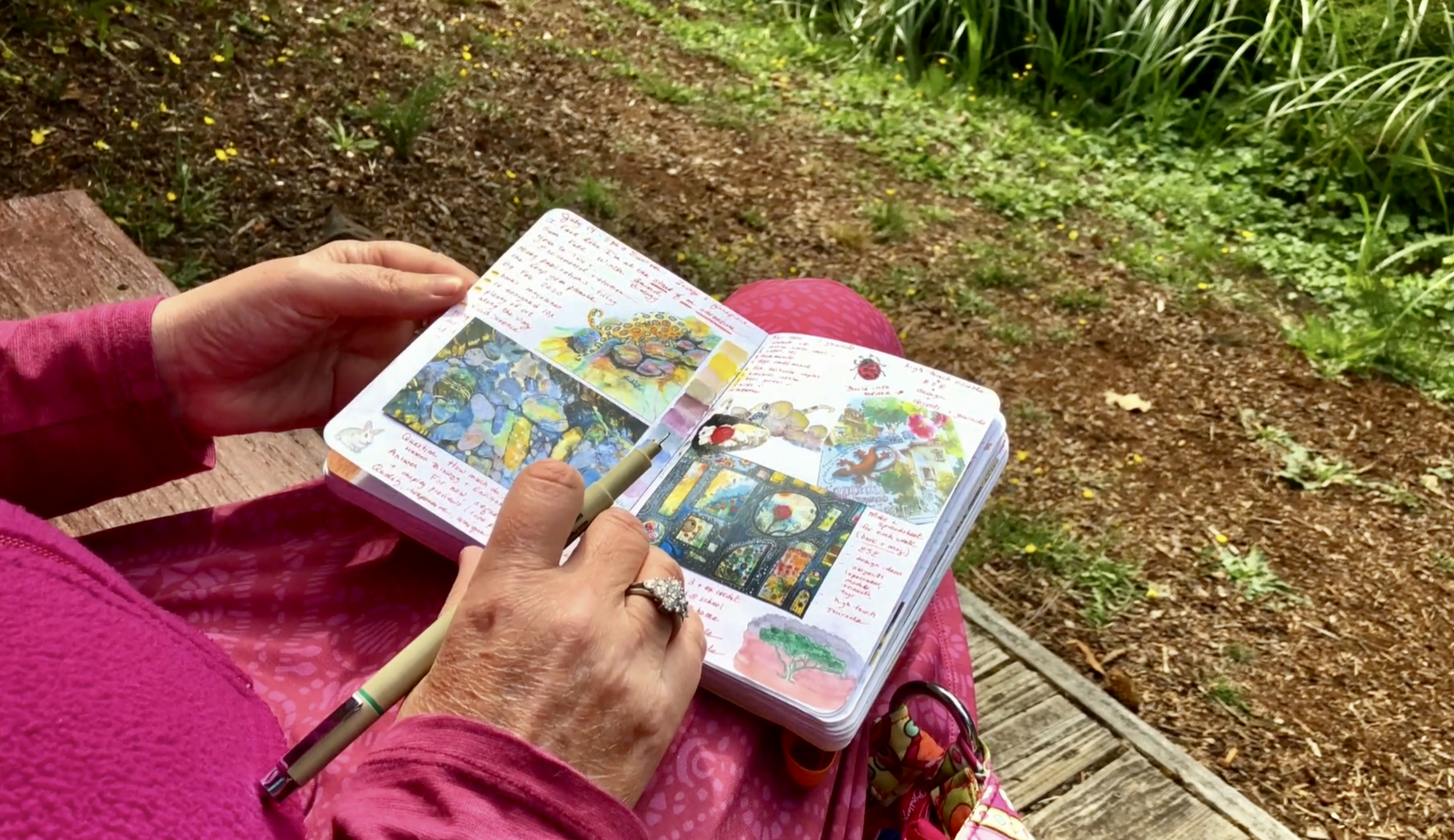
Alternate Collecting
Journaling can be an alternative form of collecting that minimizes negative impact on organisms and environments.
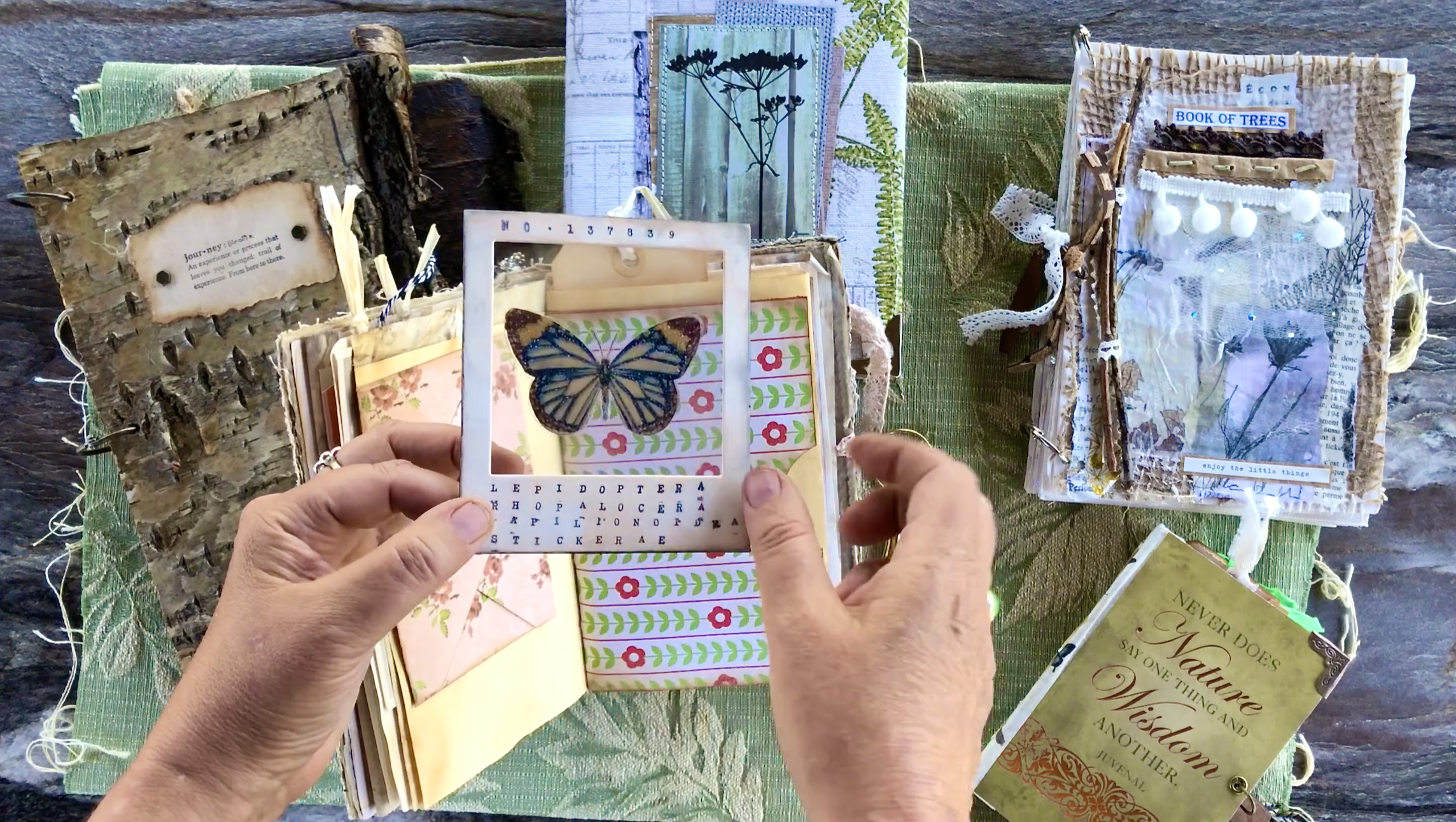
Junk Journals
Contemporary journaling often incorporates found and recycled materials. Some artists produce “junk journals” from a variety of available resources.
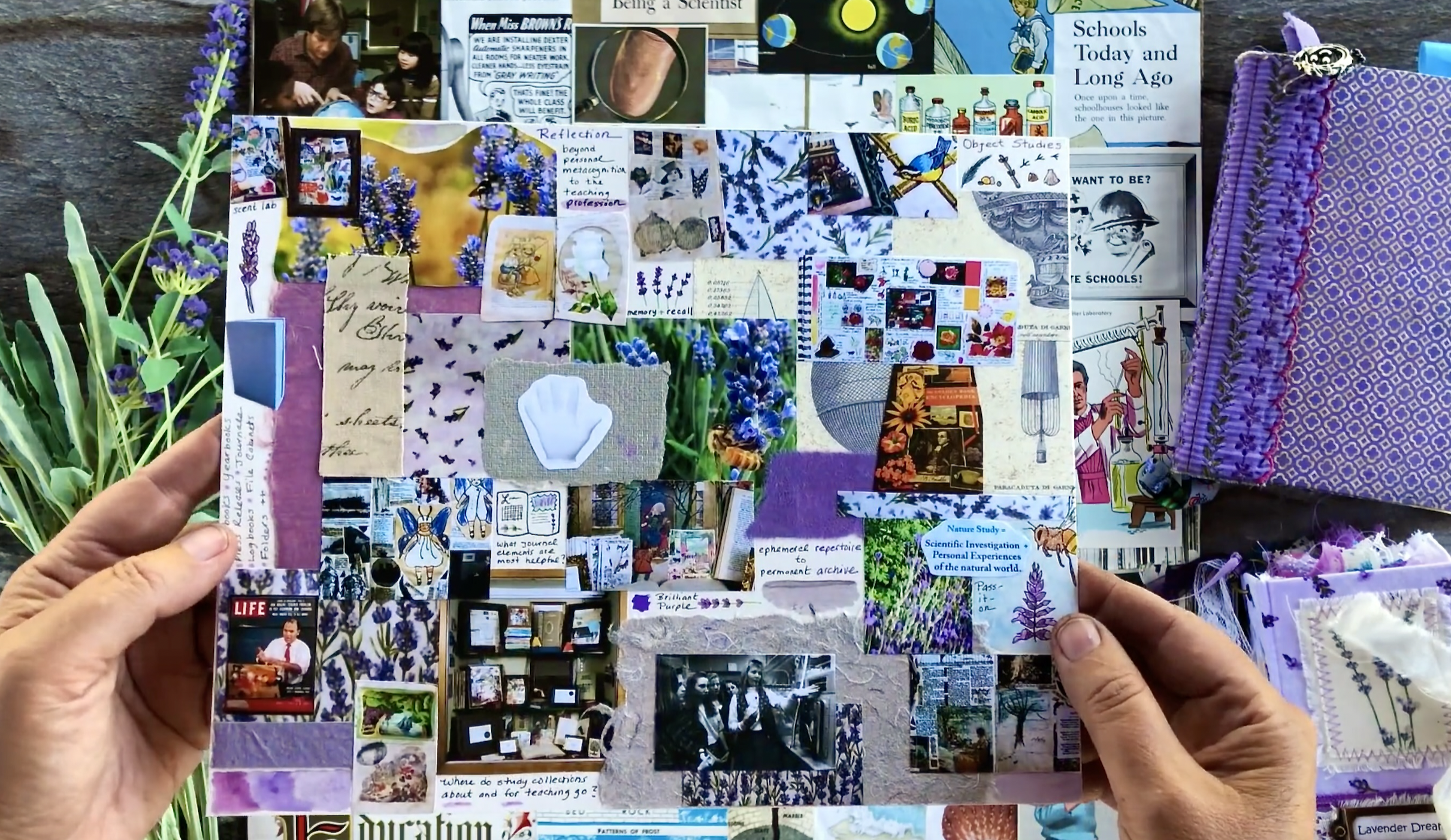
Educational Tools
School is is session! Journaling can have a positive impact on what you get out of years of educational experiences.
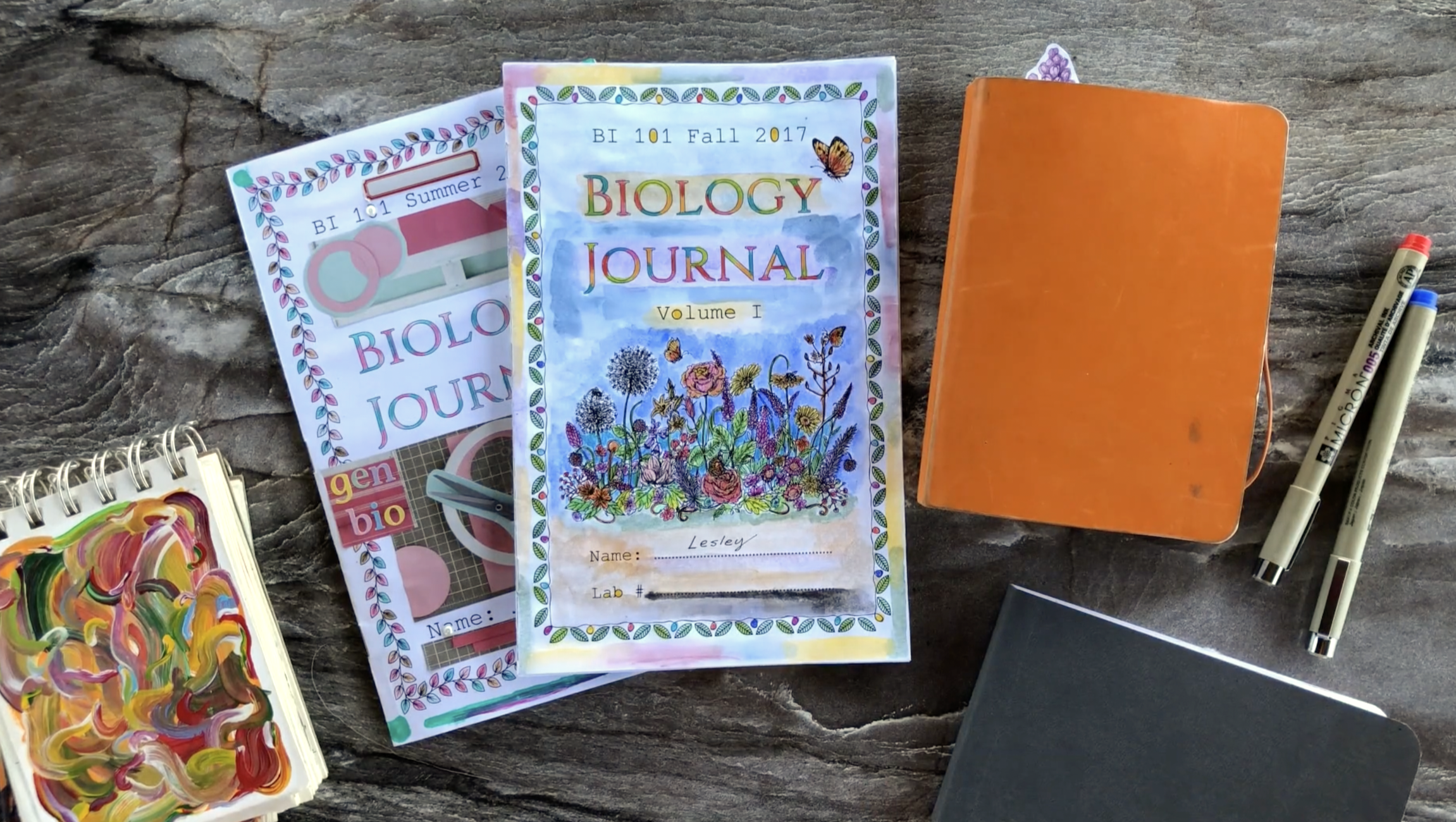
Journal Style
Everyone typically develops their own style of journaling. Here are a few personal journals that show variations in journaling.

What You Love
If you are wondering how to start a journal, the easiest way can be to think about a topic you love and journal about it in as many ways as you can imagine. Here are two journals that are focused on our Bengal cats Vladimir, Tanjiro, & Uschi-Swirl.

Patterns in Nature
An interesting journaling exercise is to select a pattern, like spheres, dendrites, or in this case, layers. Find or think of as many examples of that pattern as you can and journal your results.
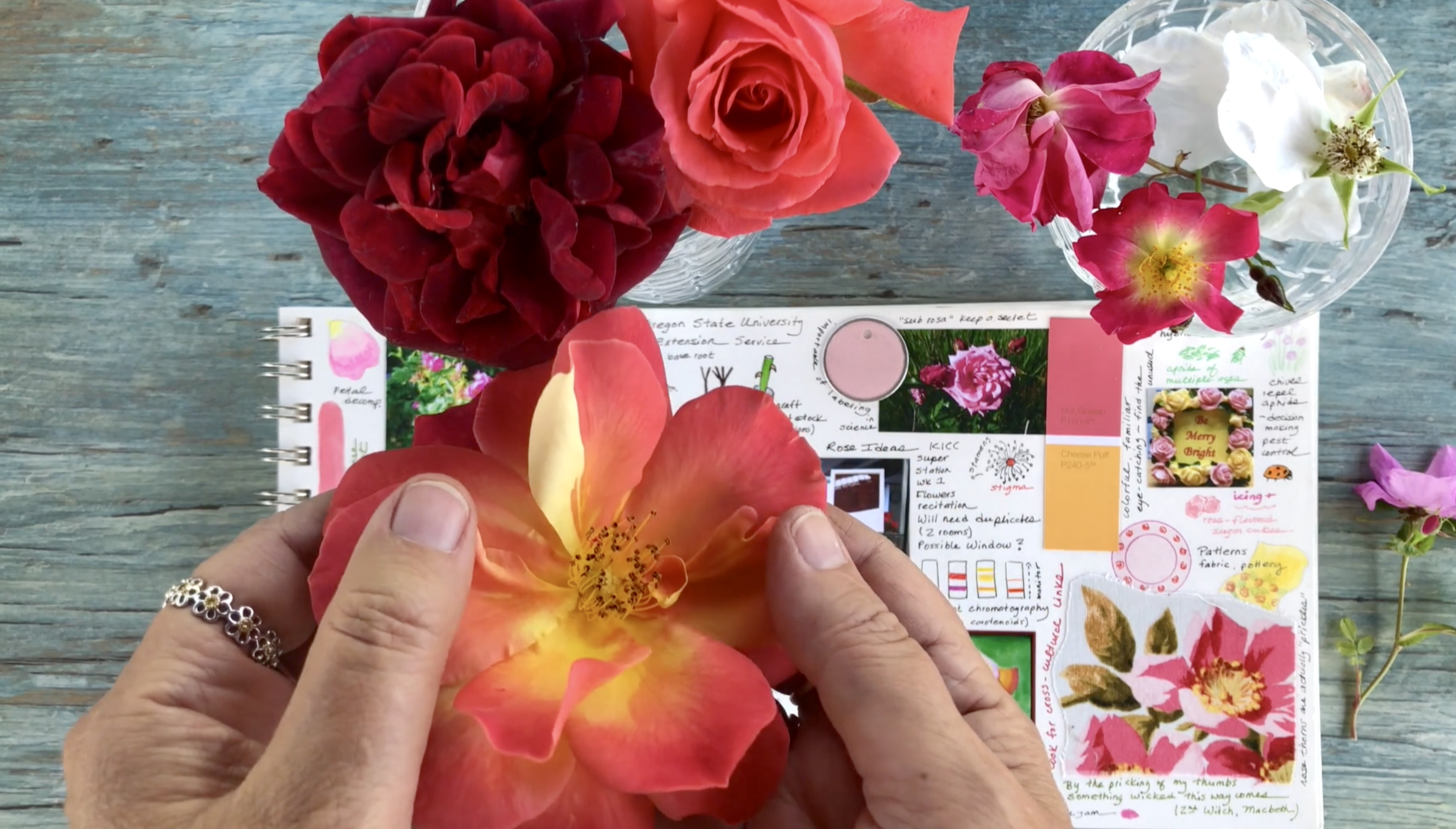
Journal to Learn
Learning a general topic like “flowers” can seem overwhelming. Sometimes it helps to specialize and focus on a more specific topic to develop expertise.
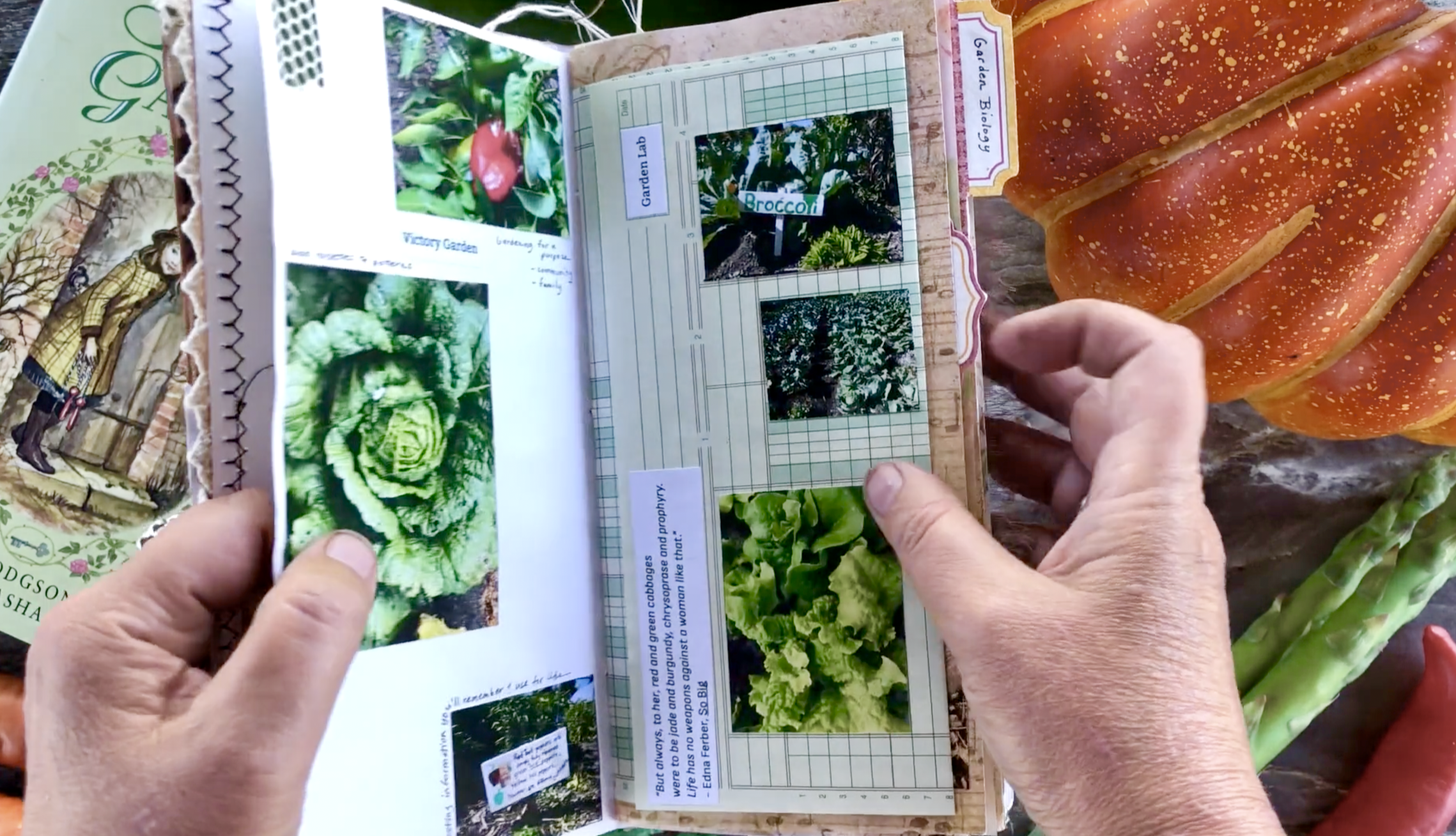
Garden Journals
Humans have recorded seed germination patterns for thousands of years, and modern agricultural records are critical in predicting harvest dates and yield estimates. Home gardeners also often keep records of specific planting dates and factors that impact plant health.

Journal Details
The delight is in the details. Consider visiting and re-visiting journals to add text, images, and objects as your understandings grow.